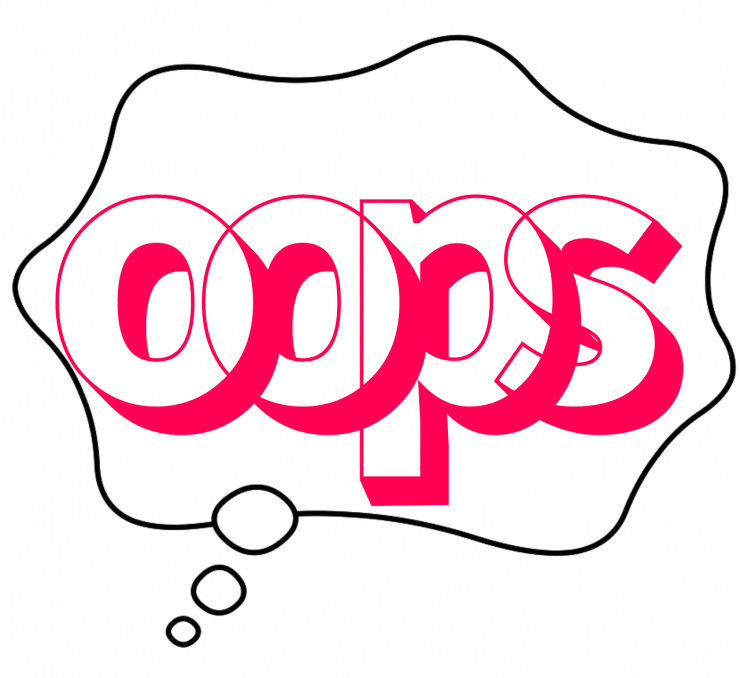Netherlands: Meticulous action against gambling sponsorship violations

Gambling sponsorship is a perennial topic of controversy across Europe. Nevertheless, comparatively little happens - and the relevant regulations often appear to be inadequate or have loopholes. In the Netherlands, where strict advertising guidelines apply anyway, a meticulous approach by the local gambling authority now stands out. Several providers were warned for violating the applicable sponsorship regulations.
In an investigation, the Dutch Gaming Authority Kansspelautoriteit (KSA) has issued warnings to several providers for violating the applicable sponsorship guidelines. This underlines the country's reputation as a pioneer in the consistent regulation of the gambling industry. The identity of the companies concerned has not been made public. Nevertheless, the KSA's actions make it clear how seriously compliance with the regulations is taken - especially with regard to the new advertising restrictions that have been in place since 2023.
In order to ensure the smooth implementation of the transitional regulations, the KSA requested all providers to disclose detailed information on existing sponsorship agreements as early as March 2023. This measure was intended to ensure that no unexplained or illegally extended agreements exist after the deadline.
Despite the proactive approach, recent inspections have shown that several companies have not sufficiently complied with the new requirements. The current warnings underpin the KSA's consistent approach and its willingness to implement further sanctions if necessary. What can happen in the event of violations?
Warning for sponsorship violations on T-shirts, advertising materials and at tournaments
In three exemplary cases, the KSA disclosed details of breaches of the applicable sponsorship rules, which show that even minor negligence can have consequences. The authority is apparently taking very meticulous action against all kinds of misconduct.
The main problems concerned unauthorized advertising messages on T-shirts, advertising materials and at a sports tournament. According to the KSA, the measures reached a potentially vulnerable target group in each case. Incidentally, a code of conduct on gambling sponsorship was recently established in England. There, gambling companies in the Premier League are increasingly giving way to crypto companies.
- Outdated advertising materials at a national event: An operator used to sponsor a major national event. Although the contract expired before the new regulations came into force, its logo continued to be used on the organizer's promotional materials. The KSA clarified that even expired agreements do not provide a basis for the continued use of such materials. Following a warning, the operator immediately had the relevant advertising materials revised and the logos removed. The case underlines the duty of care of sponsors even beyond the end of a contract.
- Visibility of logos during a sports tournament: Another incident concerned an international sports tournament at which a provider was visibly represented by a third party in terms of advertising. The situation became problematic when the operator's branding also appeared outside of the actual tournament - for example during accompanying events where children and young people tried out different sports. The KSA made it unmistakably clear that the responsibility for controlling advertising materials always lies with the provider itself. Branding in environments that reach a vulnerable target group is strictly prohibited.
- T-shirts with gambling advertising in children's sizes: A case in which a brand was represented as a sponsor on T-shirts of a prominent athlete was deemed particularly critical. The shirts were offered in an online store - including in children's sizes. The KSA saw this as a targeted approach to a particularly vulnerable target group. The operator responded to the warning and ensured that no more children's sizes with the company's logo would be available in future. In the summer, we asked ourselves whether Bundesliga clubs can still manage without gambling sponsors?
What can providers face under Dutch gambling law?
The KSA has taken the recent warnings as an opportunity to once again remind companies of their rights and obligations with regard to sponsorship.
If the brands concerned do not comply with the authority's requests, they may face further legal action. The KSA has repeatedly emphasized that it will not hesitate to take enforcement measures in the event of repeated violations of the sponsorship guidelines. These may include the following sanctions:
- Fines: The KSA is authorized to impose substantial fines. In February 2024, for example, a record fine of almost 20 million euros was imposed on a Maltese company for offering online gambling without a Dutch license.
- License revocation: In the event of repeated or serious violations, the KSA can revoke a provider's license, which is tantamount to a ban on further operations in the Dutch market. This measure serves as a harsh deterrent to ensure compliance with legal requirements.
- Publication of infringements: The KSA can make violations public, which would significantly damage the company's reputation.
The KSA also emphasizes that it is the responsibility of providers to make clear agreements with external partners. This includes the use of sponsorship materials, the timing of the publication of sponsorship messages and their distribution channels. Gambling companies are required to ensure that third parties comply with these agreements in order to avoid violations of gambling laws.
Conclusion
Image source: https://pixabay.com/illustrations/oops-mistake-fault-speech-bubble-7227010/

0 Comments to: Netherlands: Meticulous action against gambling sponsorship violations
write a commentOur community thrives on your feedback - so let us know what you think!
Would you like to write comments on GambleJoe yourself? Then just create a GambleJoe User Account.